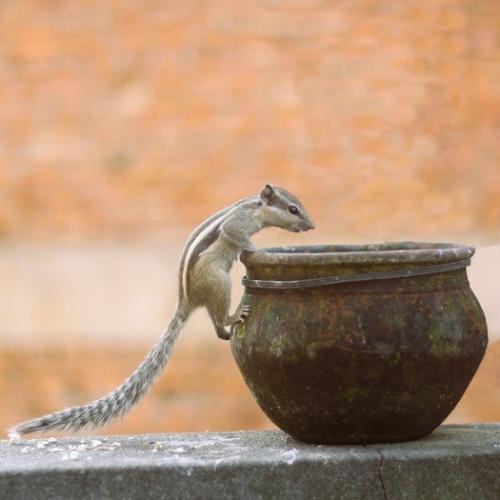Being Curious is part of our Developing Mathematical Mindsets - Primary Teachers collection.
In Nurturing Students' Curiosity, we offer you support and advice on how to encourage your learners to be curious mathematicians.
All humans are naturally curious, and good mathematicians get excited by new ideas and are keen to explore and investigate them. As teachers, we want to nurture our learners' mathematical curiosity so they grow into creative, flexible problem-solvers. One way to nurture this curiosity is by providing the right hook to draw learners in.
We hope that the problems below will exploit learners' natural curiosity and provoke them to ask good mathematical questions.

Year 1 Being curious
Age: 5 - 7

Year 2 Being curious
Age: 5 - 7

Year 3 Being curious
Age: 7-11

Year 4 Being curious
Age: 7-11

Year 5 Being curious
Age: 7-11

Year 6 Being curious
Age: 7-11
